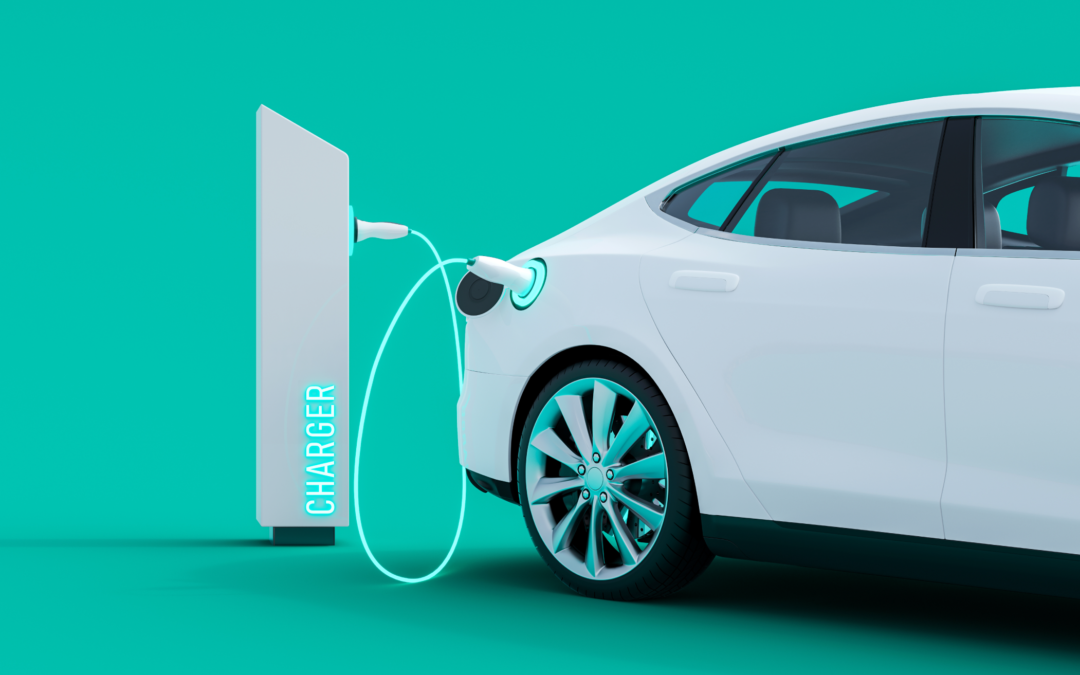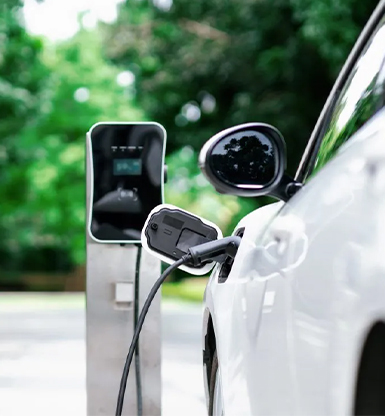Expert Opinions and Market Insights When You Buy EV Charging news
Wiki Article
Leading EV Charging Information: Key Updates on Infrastructure and Development

Recent Innovations in Fast-Charging Innovation

In addition, developments in battery innovation, consisting of improved thermal monitoring systems and higher energy thickness batteries, complement fast-charging abilities. These developments reduce the danger of battery degradation throughout rapid charging, making sure longevity and efficiency for EV owners.
Furthermore, the assimilation of clever charging options is boosting individual experience, making it possible for real-time tracking and dynamic pricing designs. EV Charging news. This versatility allows motorists to maximize charging costs and times based upon grid need
As automakers continue to buy fast-charging networks, the collaboration in between sector stakeholders is vital. Collaborations between billing terminal companies and automobile producers are leading the way for comprehensive coverage, ultimately promoting a more durable EV ecological community. These advancements are essential in supporting the shift to lasting transport.
Federal Government Initiatives for Charging Development
Federal government campaigns play an important role in the expansion of electrical automobile (EV) billing framework, helping with the change to sustainable transport. Numerous government and state programs are being executed to enhance billing access, minimize the monetary problem on customers, and advertise the adoption of electrical automobiles.Significantly, the U.S. federal government has assigned substantial funding with the Framework Financial Investment and Jobs Act, which allocates $7.5 billion for EV billing network development throughout the nation. This funding is focused on deploying countless new charging terminals, especially in underserved areas, thereby resolving variety anxiety amongst potential EV customers.
Furthermore, numerous states are enacting regulations to enhance the allowing procedure for billing station installments, which is crucial for increasing release. Incentives such as tax credit scores and refunds for both consumers and organizations are likewise being presented to urge the setup of charging framework.
Moreover, public-private partnerships are progressively becoming a focus, leveraging personal investment to match government financing. These initiatives underscore a collaborative method essential for constructing a detailed and reliable EV billing network, ultimately contributing to a greener and more sustainable future.
Innovative Battery Solutions Enhancing Effectiveness
Changing the landscape of electric vehicle (EV) modern technology, innovative battery services are considerably improving efficiency and efficiency. Breakthroughs in battery chemistry, particularly with lithium-sulfur and solid-state batteries, are causing boosted energy thickness, which enables longer arrays and faster billing times. These brand-new battery types have the prospective to outperform typical lithium-ion batteries by providing higher abilities while decreasing weight, consequently boosting total car performance.Additionally, advancements in battery administration systems (BMS) are enhancing power usage and prolonging battery straight from the source lifespan. Smart formulas keep track of battery health and performance, allowing real-time adjustments to billing and discharging processes. This not only boosts the efficiency of the battery however also makes certain an extra sustainable and trustworthy energy source for EVs.
Moreover, the integration of recycling technologies is resolving the environmental effect of battery manufacturing and disposal. Technologies in second-life applications for EV batteries are promoting their use in energy storage systems, adding to a circular economic climate.
As these innovative battery solutions remain to develop, they promise to transform the EV market, making electric cars a lot more easily accessible and appealing to a broader audience while sustaining international sustainability objectives.

Partnership Between Automakers and Billing Networks
Acknowledging the essential requirement for a robust billing infrastructure, car manufacturers are significantly collaborating with charging network suppliers to improve the EV possession experience (EV Charging news). These collaborations aim to develop a smooth billing environment that profits consumers and supports the change to electrical carsMajor vehicle brand names are joining pressures with established charging networks to increase their charging station protection, guaranteeing vehicle drivers have accessibility to convenient and trusted charging options. Partnerships with networks like ChargePoint and Electrify America permit automakers to incorporate charging solutions straight right into their lorries' navigation systems, guiding customers to the local stations and offering real-time schedule updates.
Moreover, these collaborations commonly result in the development of fast-charging technologies that substantially reduce the moment required to charge an EV. By merging sources and expertise, car manufacturers and charging networks can innovate faster, creating options that satisfy the expanding demand for electrical movement.
On top of that, joint initiatives might also bring about more standard charging methods, which can reduce consumer confusion and advertise wider EV adoption. In general, these critical partnerships are crucial in developing a reliable and easy to use charging facilities that meets the requirements of an increasing electrical car market.
Difficulties Facing EV Billing Framework
As the electrical automobile market remains to expand, numerous challenges are appearing that hinder the growth of a detailed billing framework. Among the primary challenges is the inadequate variety of billing stations, specifically in country and underserved city locations. This space develops array stress and anxiety among prospective EV purchasers, discouraging them from making the button.Furthermore, the absence of standardization in billing modern technology makes complex the facilities landscape. Variants in plug kinds and billing rates can develop confusion for individuals and enhance operational intricacies for charging network operators.
An additional pressing concern is the high cost related to the installment and upkeep of billing stations, which can be an obstacle for both public entities and exclusive companies. Finally, governing hurdles and zoning limitations can delay the deployment of charging facilities, impeding development in broadening important solutions. Dealing with these obstacles will be crucial This Site for cultivating a durable EV ecosystem that sustains the transition to sustainable transport.
Conclusion
To conclude, the ongoing advancements in EV charging technology, sustained by significant federal government efforts and innovative battery options, are critical for the development and effectiveness of electric lorry infrastructure. Collaborations between car manufacturers and billing companies even more enhance station coverage, addressing the growing need for obtainable billing alternatives. In spite of obstacles that persist within the EV charging landscape, these developments indicate a positive trajectory towards an extra reliable and sustainable electrical automobile environment.Innovations in charging facilities go to my blog have actually led to the advancement of ultra-fast chargers capable of providing up to 350 kW of power, significantly lowering charging times. Variants in plug kinds and charging rates can create confusion for customers and raise operational complexities for charging network operators.In final thought, the continuous advancements in EV billing technology, supported by considerable government campaigns and ingenious battery remedies, are critical for the growth and performance of electric automobile facilities. Cooperations in between car manufacturers and charging providers further improve terminal insurance coverage, resolving the expanding need for accessible charging options. In spite of obstacles that linger within the EV billing landscape, these advancements signify a favorable trajectory in the direction of an extra sustainable and efficient electrical car community.
Report this wiki page